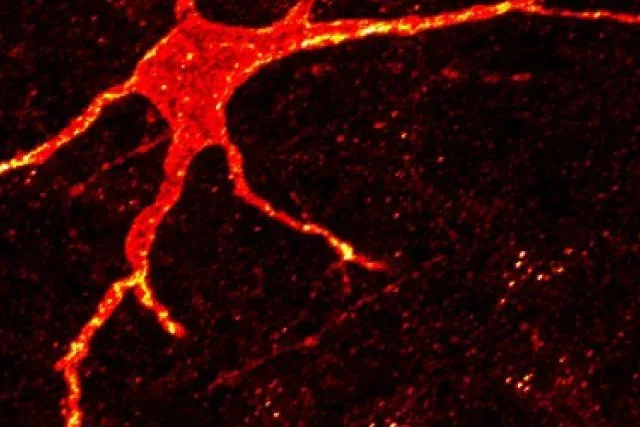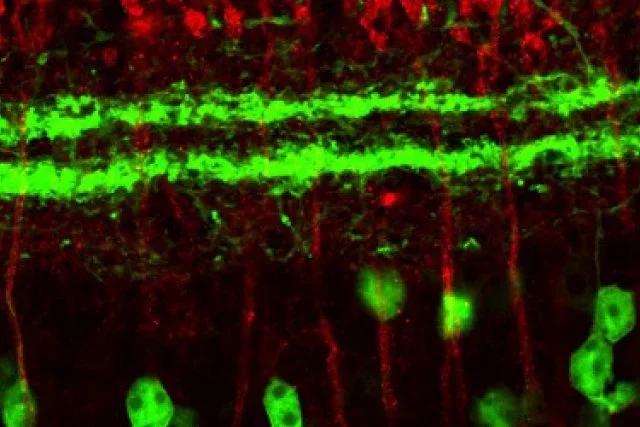Research
About Our Research
Neurobiology is the study of the nervous system. How do the brain and nerve cells control the body – from breathing, seeing, moving, and thinking to complex movement and thought? A greater understanding of how the nervous system controls these functions is necessary before treatments can be designed to cure or control the devastating neurological illnesses that rob people of thought, conscience, sight, movement, and life itself.
The human brain controls more than basic movement, sensory experiences and thought. At its essence, it is the core of each individual’s experience as a human being. What makes us human is not merely how our bodies operate, but how we think, remember, and form opinions.
The more we understand the fundamentals of Neurobiology, the better equipped we become to apply research to illness, such as loss of breathing (SIDS, sleep apnea), vision, movement (spinal cord injury, Parkinson’s disease), and memory (Alzheimer’s disease).
Research Theme
The overarching theme of research in Neurobiology is the comprehension of the brain through understanding the circuitry involved in a variety of physiological and cognitive functions
Cognition
Memory and Learning, Time keeping
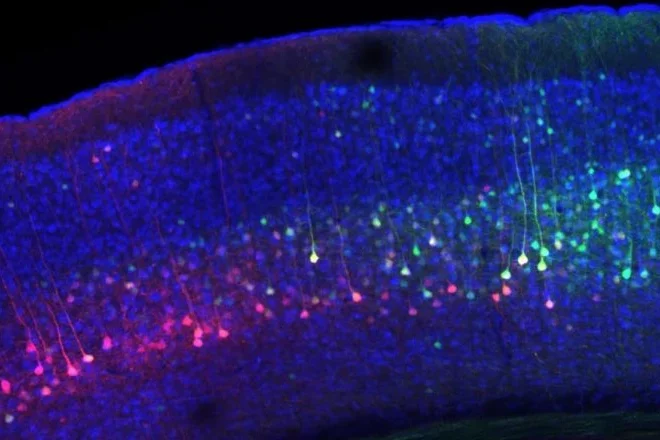
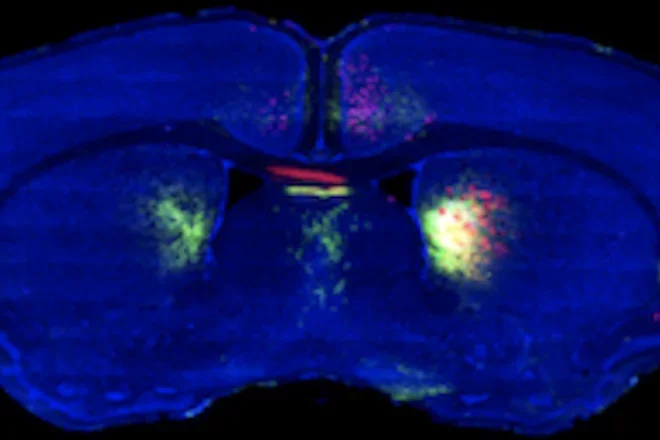
Connectomics
-
Hourig Hintiryan, PhD
-
Nicholas Foster, PhD
Development, Regeneration, Neuronal Plasticity
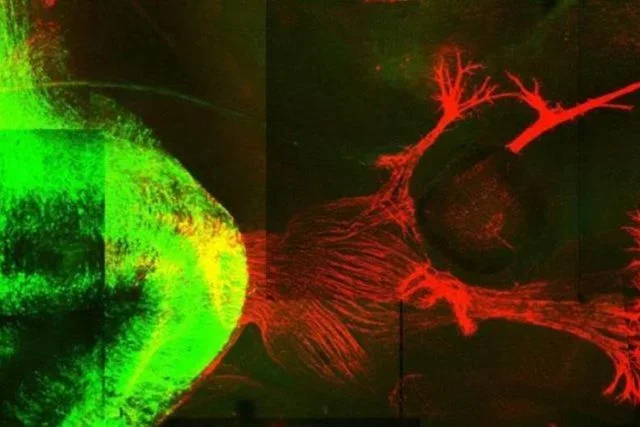
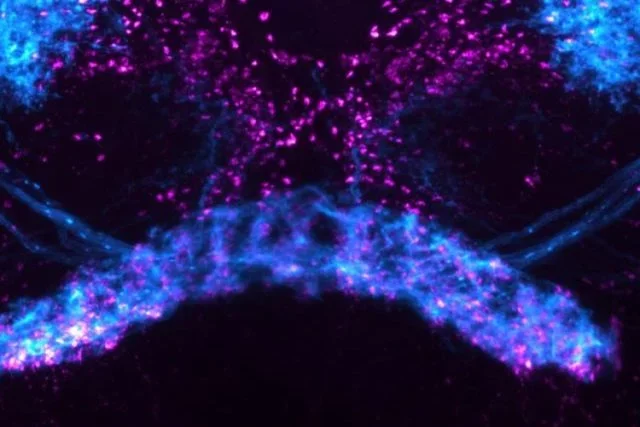
Regulatory Neurobiology
Breathing, Sleep, Reproduction, Balance
